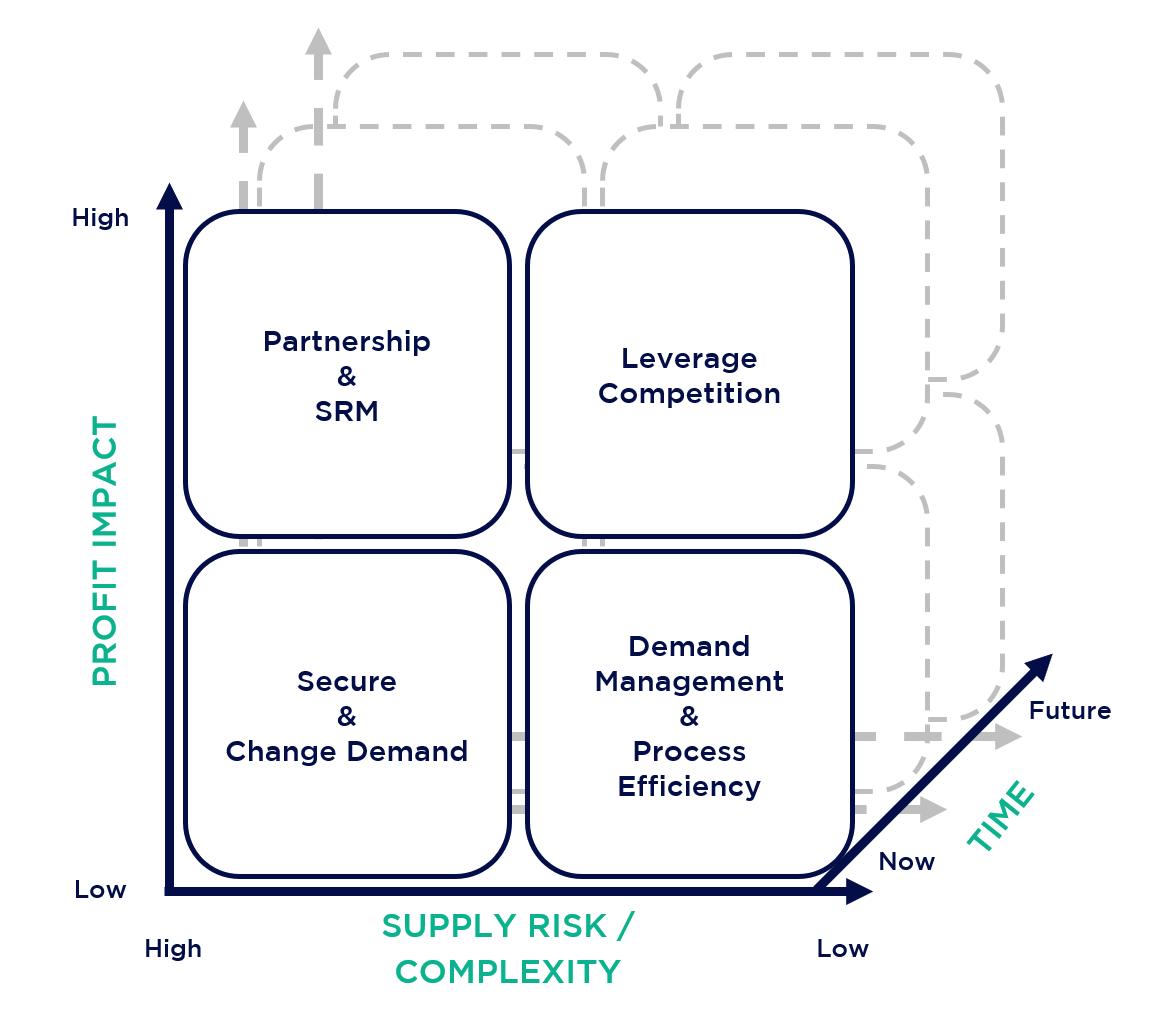Have a story idea
Have a story idea? Send it to us here.

Source : Wikimedia
July 22, 2025
Author : Alex Bustillos
The federal government is launching a broad reform of its procurement system, with the goal of simplifying contracting procedures, cutting regulatory red tape, and moving toward what officials term a "common-sense" way of doing business on behalf of the government.
In April 2025, the Trump Administration issued two executive orders requiring structural changes to the Federal Acquisition Regulation (FAR), the core set of rules that governs how federal agencies procure goods and services.
The changes represent one of the biggest procurement overhauls in decades, affecting how billions of dollars are spent with private contractors.
As per JDSupra, the reforms aim to minimize what the White House has termed "bureaucratic excess" such as duplicative compliance obligations, long approval times, and old reporting systems. The aim, the administration says, is to accelerate awards, encourage competition, and facilitate small businesses in obtaining federal opportunities.
The official directive, "Restoring Common Sense to Federal Procurement," lays out reforms in several categories, such as bid evaluation processes, performance measures, and reviews of socioeconomic set-asides. Of particular interest, the executive orders also envision greater digitization of procurement platforms, as well as the consolidation of databases vetting contractors.
As Potomac Law Group's comprehensive FAR reform timeline illustrates, the reforms are being phased in. Early-stage revisions are going after low-dollar, uncomplicated acquisitions under $250,000, while bigger-system overhaul-style changes, such as agency-level procurement authority overhauls, are set to kick in later in 2025 and into 2026.
A companion FAR Reform FAQ released by Potomac Law identifies some of the questions most contractors are now asking: How will emerging regulations impact scoring standards? Will socio-economic steps like DBE and HUBZone certifications persist with the new system? The administration said the reforms are aimed at increasing efficiency, not eliminating diversity, although recent policy actions indicate otherwise.
For instance, as an earlier report has already stated, the White House also indicated its plan to end race- and gender-sensitive contracting programs, including the Disadvantaged Business Enterprise (DBE) program. That action has been criticized by civil rights groups and small business organizations alike.
For contractors already bidding on federal work, the effect will depend on contract and agency size. Contractors in construction, infrastructure, and defense procurement, categories where compliance is most involved, can expect shorter timelines and fewer administrative barriers.
Large companies such as Turner Construction, which won a $158 million contract to construct an emergency center, might find procurement simplification at scale. But small and mid-tier companies might see their futures uncertain as regulatory refreshes alter eligibility requirements and documentation requirements.
While supporters of the changes say they will lower costs and accelerate public project delivery, critics fear the accelerated approach may reduce transparency, undermine equity programs, and break through long-standing procurement traditions.
With the finalization of the modernization plans anticipated for later this year, contractors involved in government-funded projects are paying close attention to how these shifts will define the future of federal contracting.
Category : Federal Government Procurement
